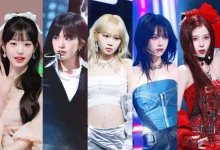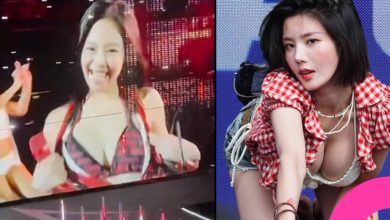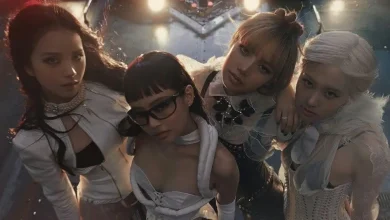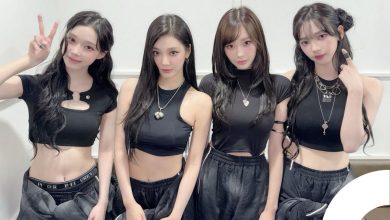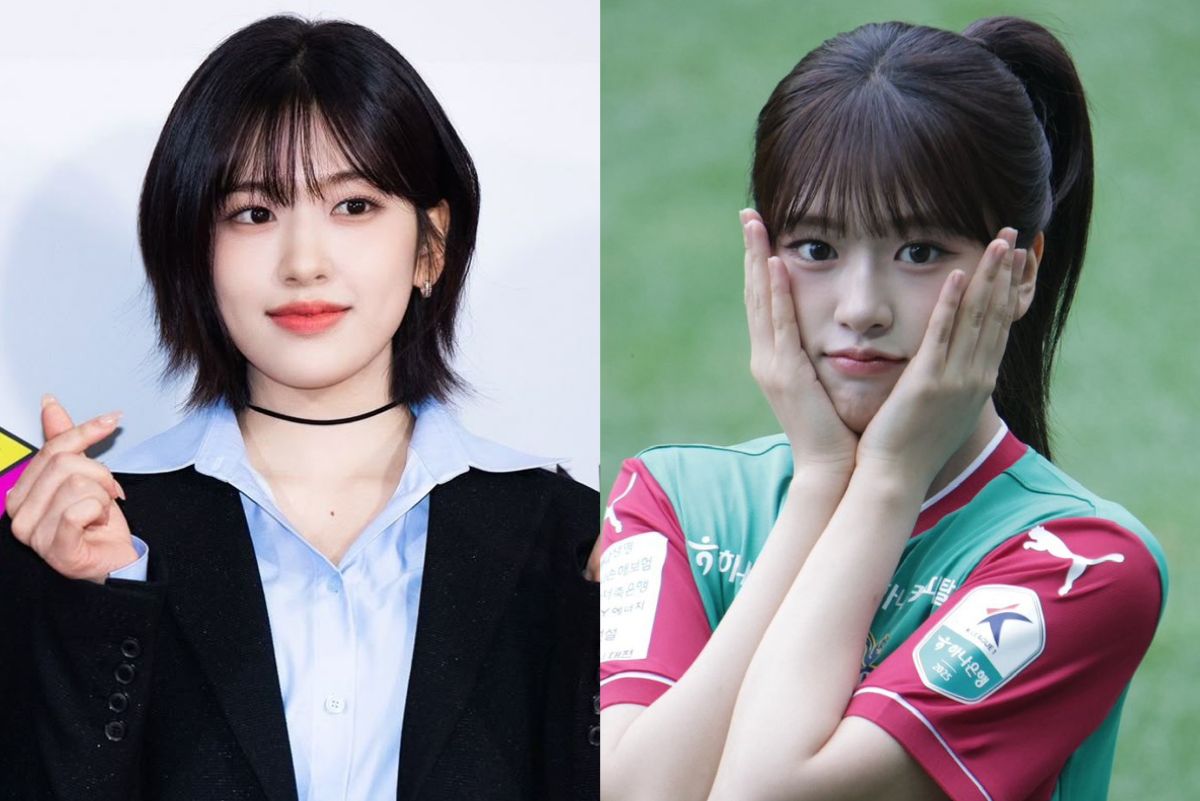
A viral post on Korean forum Pann, titled “It’s absurd people say An Yu-jin looks masculine,” has attracted nearly 74,000 views, igniting strong reactions and debate over the use of the term “masculine features” to describe female idols.
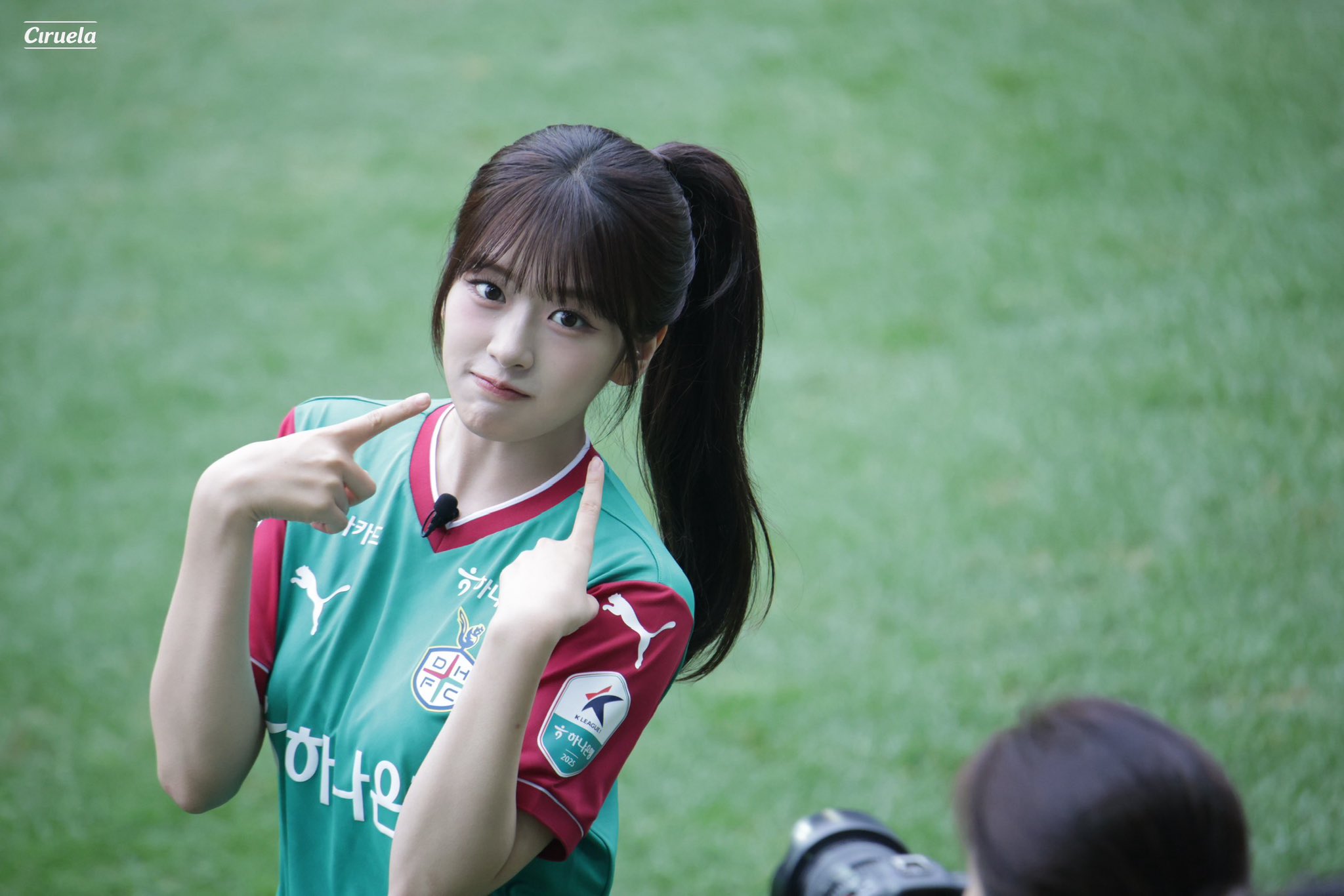
“Masculine Features,” a term loosely meaning “masculine-looking,” has been increasingly used in online spaces to describe IVE member An Yu-jin despite widespread recognition of her elegant visuals and commanding stage presence. The post’s author included several photos of Yu-jin showcasing her modelesque features and questioned the logic behind labeling her appearance in such a way.
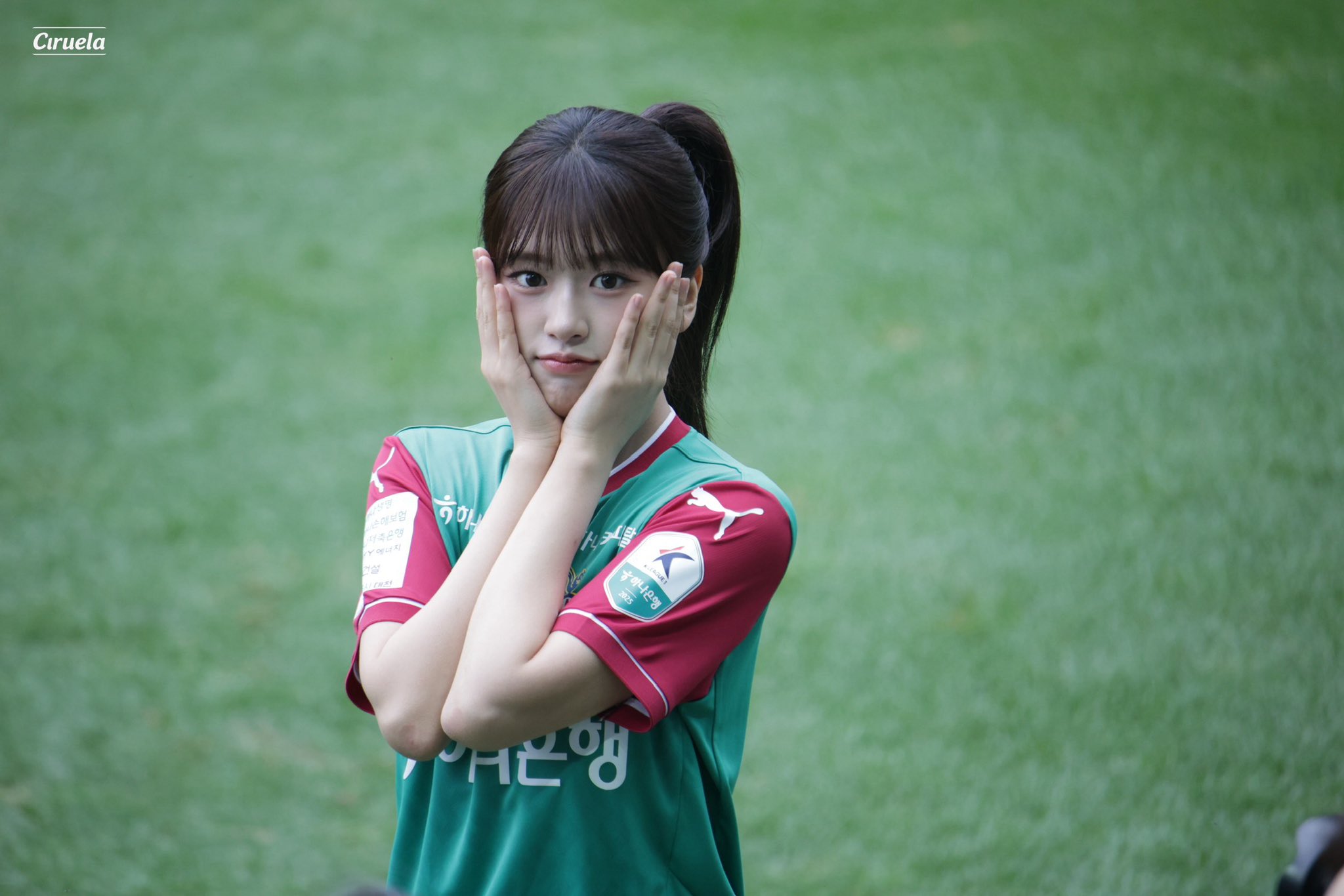
Though Yu-jin is praised in both the entertainment industry and fashion circles for her professionalism and aesthetic appeal, small online communities continue to criticize her look using reductive, gendered language.
The backlash to these comments was swift, with fans and casual netizens alike defending the idol’s appearance and calling out the absurdity of the “masculine features” accusation.
Comments on pann:
- “It’s arrogant to even start labeling women with defined features and bold facial structure as ‘masculine-looking.’ Have you seen the average Korean guy? Most of them have underwhelming, forgettable features. Yet they call stunning female idols ‘masculine features’? It’s laughable.”
- “Calling a woman with a sharp T-zone and glamorous visuals ‘masculine’ or ‘intimidating’ is just the bitter opinion of weak, insecure people who can’t handle strong, confident visuals.”
- “It’s weird to even apply the term ‘masculine features’ to female idols. ‘Masculine Features’ should refer to someone with an overly large bone structure and generally unattractive features. That’s not An Yu-jin at all.”
- “It’s only on DC Inside and Pann where they call An Yu-jin ‘Masculine Features.’ Try saying that in real life, and you’ll just look crazy.”
- “People only say ‘masculine features’ because they have nothing else to criticize her for.”
As debates around beauty standards, gendered language, and visual expectations in K-pop continue to dominate online discussions, the case of An Yu-jin shows how easily praise can be warped into criticism—often revealing more about society than the subject of its judgment.



